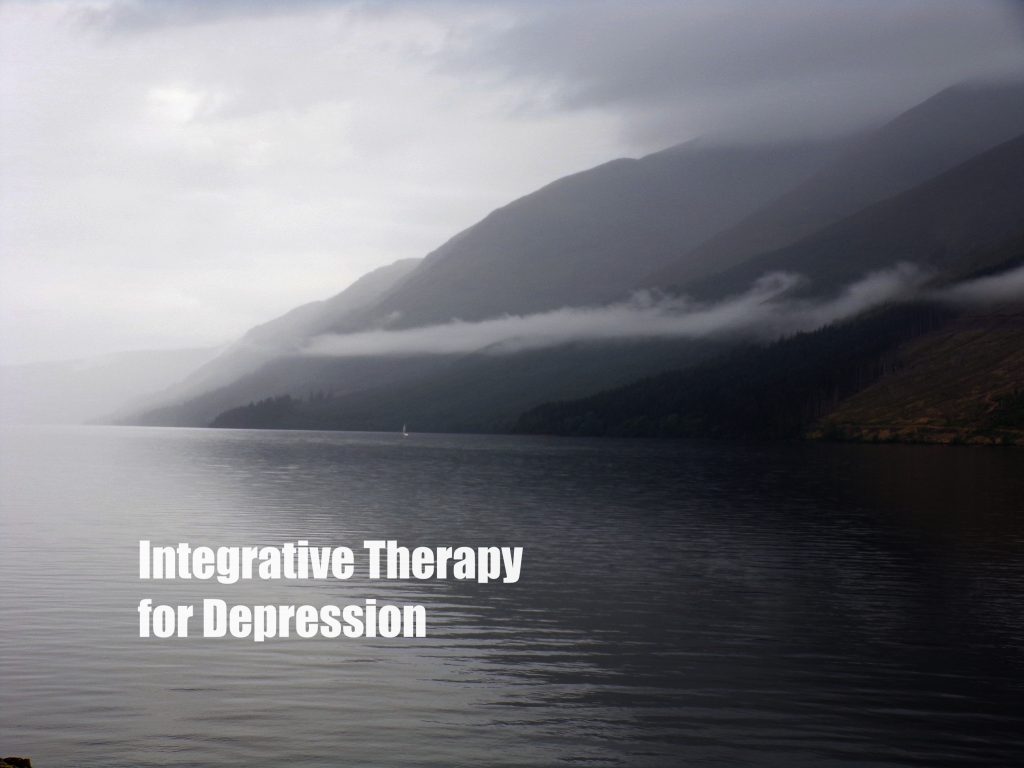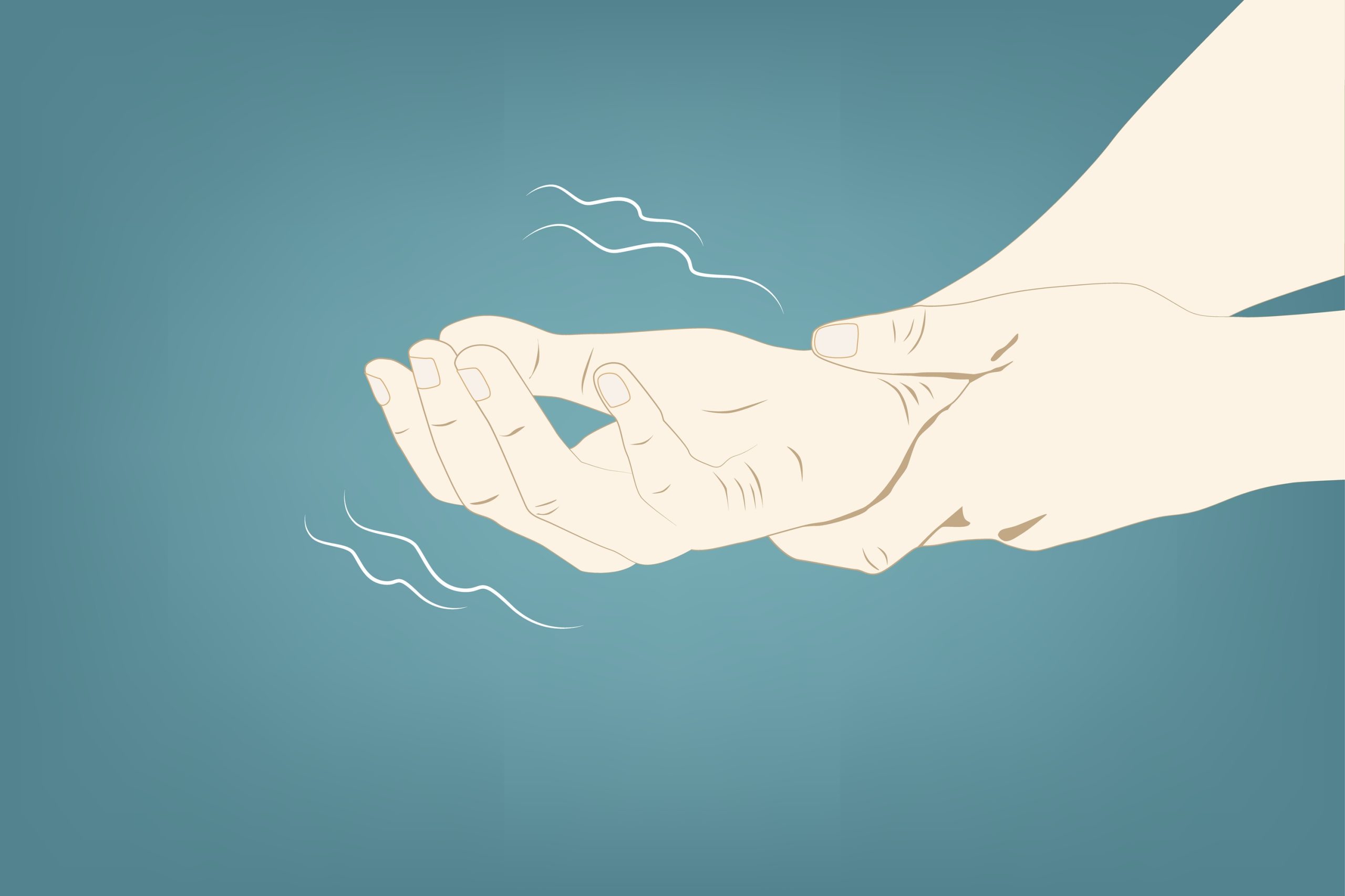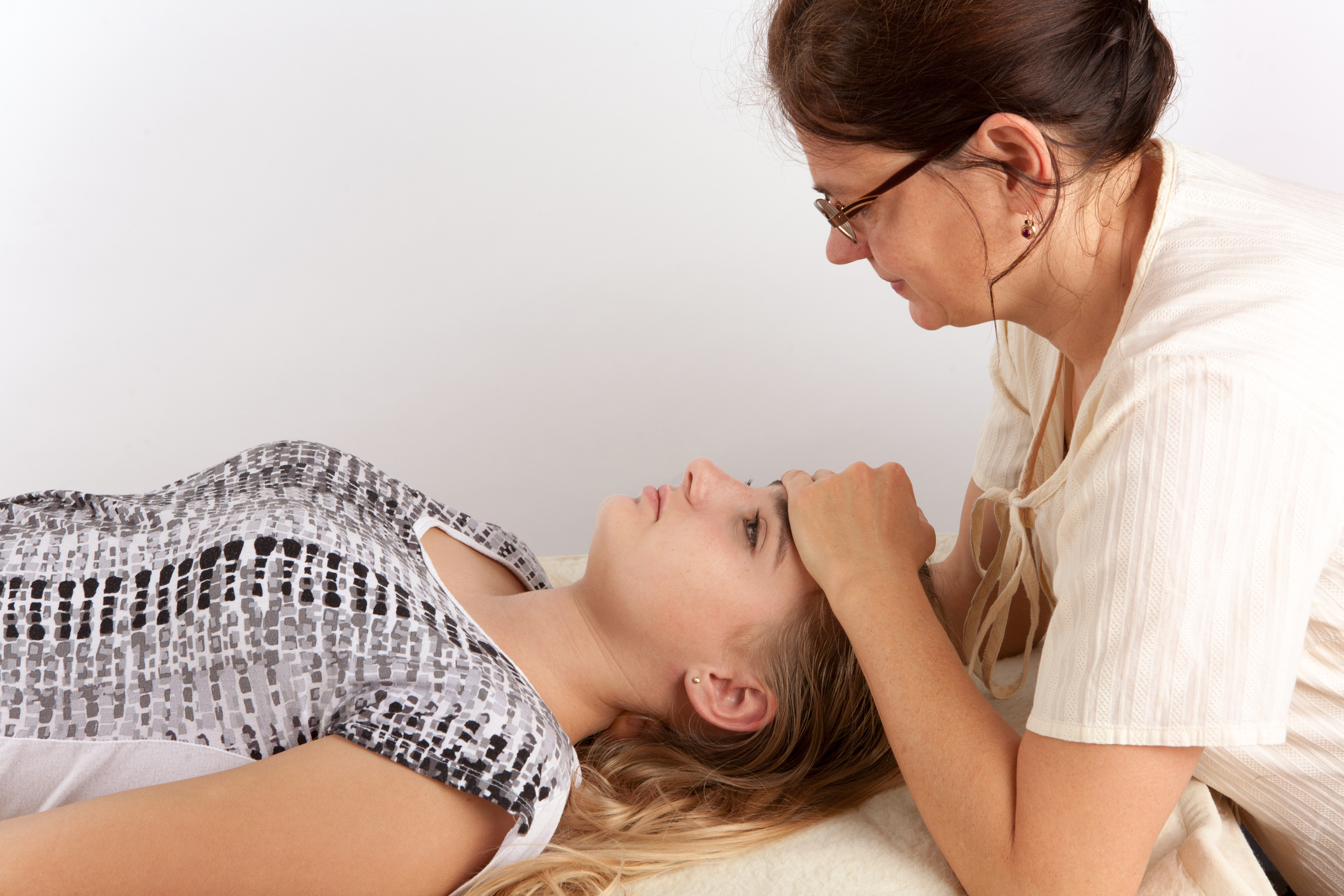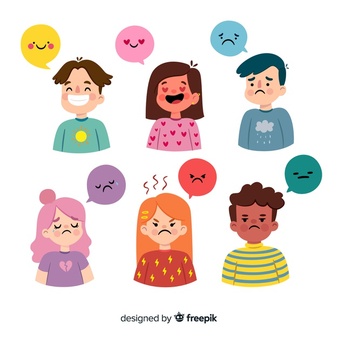What is an Integrative Therapy?
Holistic therapists and alternative medicine practitioners often use the term Integrative Therapy because they combine different therapeutic modalities. Such approaches can be a combination of psychotherapy, bodywork, homoeopathy or supplements to treat a person as a whole being to alleviate presenting symptoms or increase overall well-being. Some psychotherapists apply the term Integrative Therapy to their practices to highlight the use of various mental health therapies to meet the client’s needs.
Integrative Therapy for depression
Depression isn’t just a state of mind or mental health issue; it is the exhaustion of the whole body.
When the mind or body gets overwhelmed by stress, tension or lack of nutrients, it starts to shut down and go into a preservation mode. Stress robs the body of nutrients. We have a saying that “stress kills”, but not many people realise how this happens. When stressed, we release toxic hormones such as cortisol and adrenaline, and our body becomes tense. A healthy body has additional resources to neutralise those poisonous hormones. However, those resources get depleted when someone lives in constant fight and flight mode.
Toxicity is a number one threat to our body’s priorities of survival. So, the immune system starts diverting the resources from its healing functions to neutralise the toxicity. The body knows how to heal itself, providing it has enough resources to do so.
Depression is a state of depletion and contraction. When we are in contraction, our breathing becomes shallow. Constriction means that the oxygen intake and distribution further hinder the body’s nutritional cycles. Everything slows down. Shallow breathing stops the use of the diaphragm. The contraction and release of the diaphragm massage the major organs underneath it, which enables a more efficient distribution of oxygen, blood and energy. When diaphragm is not in use, the massaging function stops and stagnation begins.
The depletion and constriction are the reason why, when treating depression, working with exhaustion in the body is extremely important. Talking therapy alone only addresses a small part of the problem.
John's story
One day, I received a call from a young woman asking if I could help her husband. She said that her husband, John, was suffering from deep depression. “He doesn’t eat, doesn’t want to get out of bed, and then he does get out of bed; he has no energy or motivation to do anything at all,” she told me. John was prescribed an antidepressant six months ago, and his doctor had already increased the dose. They have a six-month-old baby, and she is now starting to feel depressed herself.
I agreed to see John the following day. In the first session, we talked about how he was feeling, and I explained why his body became “depressed”. John said he hated the feeling of utter exhaustion and was willing to do anything for this feeling of helplessness to disappear. We finished the session with a balancing body treatment. Then John sat up on the couch after the treatment; he said, “I have not been so relaxed in months despite staying in bed all day long”. I could see the change in his posture and demeanour, and I instinctively knew that the healing process had begun. In addition to talking therapy and body treatment, John received homoeopathic remedies and recommendations for supplements and breathing exercises.
John came in for another session four days later. He said that he had started eating, had been for a walk, and even went for a short run. He was feeling brighter, but most importantly, he knew that he would improve. John had two integrative therapy sessions weekly for two weeks when we moved to a session once a week. After six weeks, John returned to work and is reducing the dose of antidepressants. He is now planning his future with his wife and the baby and even got a dog. John still sees me every other week but will be moving to the maintenance phase shortly.
John’s story is not unique; I have witnessed many clients recover much faster from depression when using Integrative Therapy compared to psychotherapeutic techniques alone.







